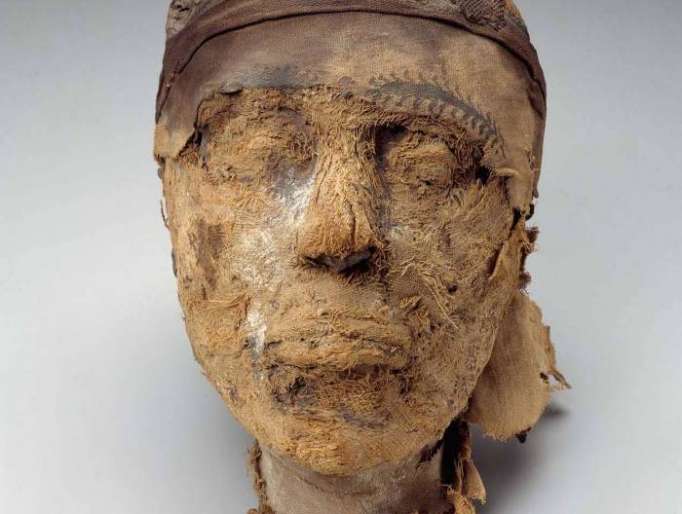Since 1915, scientists have puzzled over the severed head discovered in the corner of a looted tomb in Deit el-Bersha, an ancient Egyptian necropolis.
Archaeologists worked out the tomb belonged to a governor called Djehutynakht and his wife, but were unable to decipher whether the head was male or female.
It took a forensic scientist at the FBI, using advanced DNA sequencing technology, to say definitely that the head belonged to the governor himself.
Odile Loreille, an FBI biologist, drilled into a tooth extracted from the skull, collected the powder and dissolved it in a chemical solution.
She then ran the solution through a DNA copy machine followed by a sequencing instrument. By checking the ratio of sex chromosomes, she was able to deduce that the skull was male.
"I didn't think it was going to work, I thought it would be too degraded, or that there would not be enough material," she told CNN.
"I was very happily surprised," she added. "We got lucky."
The age of the head, and the fact it was found in a desert environment, made it particularly challenging to extract the DNA.
DNA, the molecule that contains our genetic code, breaks down over time and in warmer conditions.
The head had also been damaged by looters, who ransacked the tomb and destroyed the body in antiquity, and modern archaeologists while attempting to work out its identity.
Fresh attempts to identify it were made at the turn of the millennium when the Boston Museum of Fine Arts, which stores the tomb’s contents, handed the skull to Massachusetts General Hospital.
In 2005 the hospital put it through a CT scan, then tried to test DNA extracted from a tooth four years later, but both attempts failed.
The FBI stepped in because it spotted an opportunity to practice advanced DNA extraction, something it sometimes does when solving modern crimes.
"It's not like the FBI has a unit that just does historical cases," Anthony Onorato, the FBI’s DNA support unit chief, told CNN. "It's that we're actually trying to develop criminal procedures using historical items."
The FBI published its findings in the journal Genes.
More about: science
















































